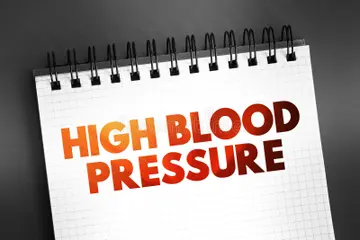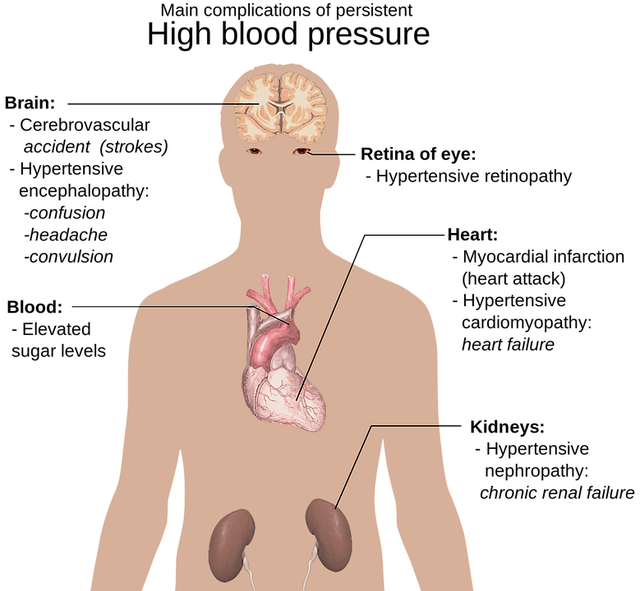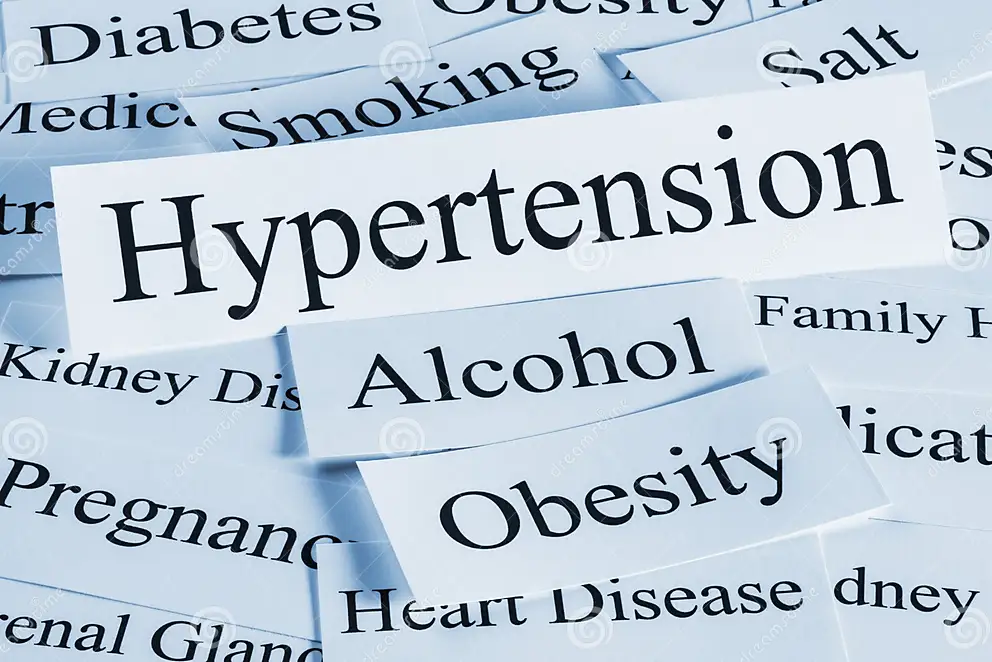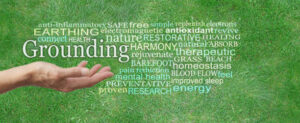What is High Blood Pressure: Causes, Effects, and Management
High blood pressure, Hypertension, Silent killer, Blood pressure categories, Heart disease, Stroke, Kidney disease, Vision problems, Artery damage, Causes of high blood pressure, Lifestyle modifications, Medication for high blood pressure

High blood pressure, or hypertension, is a prevalent health concern that affects millions of individuals worldwide. It is often referred to as the “silent killer” because it can quietly damage your body for years before symptoms become apparent. To truly understand high blood pressure, we need to delve into the details, exploring its causes, effects, and, most importantly, how to manage it effectively. This guide will equip you with the knowledge you need to take control of your blood pressure and safeguard your long-term health.
1 . What Is High Blood Pressure?

High blood pressure is a medical condition characterized by the force of blood against the walls of your arteries being consistently too high. It is typically measured in millimetres of mercury (mmHg) and expressed as a ratio of the systolic pressure (the pressure when your heart beats) over diastolic pressure (the pressure when your heart rests between beats). The values that define different blood pressure categories are as follows:
- Normal blood pressure: Below 120/80 mmHg.
- Elevated blood pressure: Ranging from 120-129/<80 mmHg.
- Stage 1 hypertension: Measured at 130-139/80-89 mmHg.
- Stage 2 hypertension: Any measurement at or above 140/90 mmHg.
2 . The Silent Threat
High blood pressure is often asymptomatic, meaning you can have it for years without experiencing noticeable symptoms. Yet, this seemingly silent threat can have severe consequences. Prolonged high blood pressure can lead to a range of health issues, including:
- Heart Disease: Hypertension increases the workload on your heart, making it more prone to conditions like heart attacks, congestive heart failure, and abnormal heart rhythms.
- Stroke: Elevated blood pressure can damage blood vessels in the brain, increasing the risk of stroke.
- Kidney Disease: High blood pressure can damage the arteries around the kidneys, impairing their ability to filter blood.
- Vision Problems: It can lead to eye blood vessel damage and, in severe cases, vision loss.
- Artery Damage: Persistent hypertension can result in the hardening and narrowing of arteries, increasing the risk of atherosclerosis.
3 . Causes and Risk Factors of High Blood Pressure
High blood pressure, medically known as hypertension, is a widespread health concern affecting millions of people worldwide. To effectively combat this condition, it’s imperative to understand the factors that contribute to its development. In this comprehensive guide, we explore the various causes and risk factors of high blood pressure, shedding light on the hidden triggers that may be impacting your health.
4 . Lifestyle Choices
One of the primary factors contributing to high blood pressure is our lifestyle choices. Several aspects of our daily routines can have a significant impact:
- Diet: Excessive salt intake, a diet high in processed foods, and inadequate consumption of fruits and vegetables can lead to hypertension.
- Physical Activity: A sedentary lifestyle can contribute to weight gain and, consequently, high blood pressure.
- Stress: Chronic stress and its associated hormonal responses can elevate blood pressure over time.
5 . Genetics
Your family history can play a crucial role in determining your risk for high blood pressure. If you have close relatives with hypertension, your genetic predisposition may increase the likelihood of developing the condition.
6 . Age
As we age, the risk of developing high blood pressure tends to rise. It’s a condition that often manifests as individuals grow older, making regular blood pressure monitoring essential.
7 . Obesity
Excess weight can strain your circulatory system, making obesity a significant risk factor for hypertension. The extra weight requires more blood to supply oxygen and nutrients to your tissues, which increases the pressure on artery walls.
8 . Chronic Conditions

Several chronic medical conditions can contribute to high blood pressure:
- Diabetes: High blood sugar levels can damage blood vessels and increase the risk of hypertension.
- Kidney Disease: Impaired kidney function can disrupt the body’s fluid balance and lead to elevated blood pressure.
- Sleep Apnea: This condition, characterized by interrupted breathing during sleep, is associated with high blood pressure.

Sleep Apnea: This condition, characterized by interrupted breathing during sleep, is associated with high blood pressure.
9 . Lifestyle and Environmental Factors
Environmental factors can also play a role in the development of high blood pressure. Exposure to certain elements can contribute to hypertension:
- Tobacco and Alcohol: Smoking and excessive alcohol consumption can raise blood pressure.
- Sodium Intake: A diet high in sodium can lead to water retention and increased blood pressure.
- Lack of Potassium: A diet lacking in potassium, a mineral that helps balance sodium levels, can contribute to hypertension.
Understanding the causes and risk factors of high blood pressure is the first step in effectively managing and preventing this condition. By addressing lifestyle choices, monitoring genetic predisposition, and managing chronic conditions, you can take proactive steps to safeguard your cardiovascular health.
10 . Diagnosis, Duration, Diet, and Prevention
High blood pressure, also known as hypertension, is a common yet concerning health issue. To effectively manage and prevent it, one must understand various aspects of this condition. In this comprehensive guide, we delve into how high blood pressure is diagnosed, its duration, the role of diet in its treatment, and crucial preventive measures.
11 . Diagnosing High Blood Pressure
High blood pressure often remains asymptomatic, emphasizing the importance of regular check-ups. Diagnosis typically involves:
- Blood Pressure Measurements: Using a sphygmomanometer, healthcare professionals measure your blood pressure in millimetres of mercury (mmHg). It involves assessing systolic and diastolic pressures.
- Multiple Readings: To confirm high blood pressure, multiple readings over separate visits may be necessary.
- Home Monitoring: Home blood pressure monitors are valuable for tracking blood pressure trends.
12 . Duration of High Blood Pressure
The duration of high blood pressure can vary. It may be a temporary spike or a persistent condition:
- Transient Hypertension: Some individuals experience temporary high blood pressure due to stress or other factors. It may not require long-term treatment.
- Chronic Hypertension: This refers to persistent high blood pressure, often requiring ongoing management to reduce risks.
13 . Using Diet to Treat High Blood Pressure
Diet plays a significant role in the management of high blood pressure. Key dietary strategies include:
- Low-Sodium Diet: Reducing sodium intake helps prevent water retention and lower blood pressure.

Low Sodium - DASH Diet: The Dietary Approaches to Stop Hypertension (DASH) diet emphasizes fruits, vegetables, lean proteins, and whole grains to promote heart health.

DASH Diet: - Potassium-rich foods: Foods like bananas, sweet potatoes, and leafy greens can help balance sodium levels.
- Moderate Alcohol and Caffeine: Limiting alcohol and caffeine intake is advised.
14 . Prevention of High Blood Pressure
Preventing high blood pressure involves a combination of lifestyle changes and risk reduction:
- Maintain a Healthy Weight: Excess weight strains the heart and blood vessels. Maintaining a healthy weight can significantly reduce the risk of hypertension.
- Regular Physical Activity: Engaging in regular exercise helps lower blood pressure and improves overall cardiovascular health.

Regular Physical Activity - Stress Management: Stress reduction

Stress Management techniques, such as meditation and relaxation, can play a crucial role in preventing hypertension.
- Limit Alcohol and Tobacco: Excessive alcohol consumption and smoking are risk factors for high blood pressure.
- Regular Check-ups: Routine health check-ups enable early detection and management of high blood pressure.

Regular Check-ups
10 . Managing High Blood Pressure
The good news is that high blood pressure is manageable. By adopting a proactive approach, you can effectively control and even lower your blood pressure. Strategies for managing high blood pressure include:
- Lifestyle Modifications: Incorporating a balanced diet, reducing sodium intake, engaging in regular physical activity, and managing stress can make a substantial difference.
- Medication: In some cases, healthcare professionals may prescribe medication to help lower and regulate blood pressure.
- Seek Professional Guidance
It’s crucial to monitor your blood pressure regularly, as early detection can prevent complications. If you suspect or have been diagnosed with high blood pressure, consult a healthcare professional for guidance tailored to your unique needs.
In conclusion, high blood pressure is a prevalent yet manageable health condition. By comprehending its nature and adopting a proactive lifestyle, you can protect your long-term health and well-being. Remember, knowledge is your most potent weapon in the fight against hypertension.
Reference:
- “High Blood Pressure (Hypertension) Guide.” Everyday Health.Causes and Risk Factors of High Blood Pressure.https://www.everydayhealth.com/high-blood-pressure/guide/,


